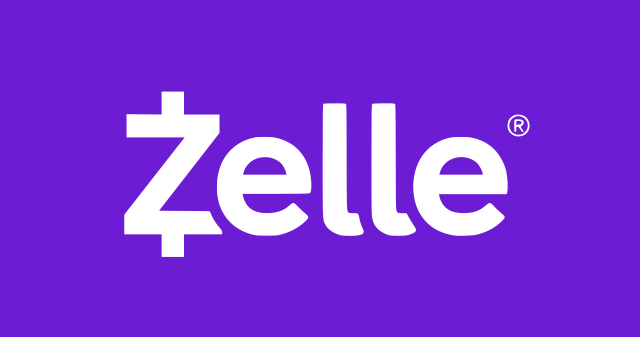Zelle, the peer to peer payment system, is changing its policy for fraud payments. Zelle makes payments very easy, only needing the phone number of a recipient rather than banking information. On the other hand, this makes fraud more common, with over $2 billion lost throughout 2022.
Prior to Zelle, sending money was limited to slow ACH, expensive wires, or third-party PayPal which still required ACH in the final phase. Zelle is run directly by a consortium of banks, which should make the app more secure and regulated. The Sacramento Bee reports:
Impostor scams were the most reported scams in 2022 and led to the second highest reported loss amount in the United States. Now, a policy change one payment service made means impostor fraud victims who made a payments through its system should be able to get their money back.
Consumers lost $2.6 billion to impostor scams in 2022, according to the Federal Trade Commission, with 762,598 reports.
In response to Congressional oversight, Zelle is cracking down on payment requests that involve new phone numbers or recent accounts. Although reimbursement for prior fraud is not certain, future transactions will be more tightly controlled. Reuters says:
Lenders on Zelle are also now required to implement a tool that flags transfers with risky attributes, such as a payment to an account that has never transacted on the Zelle network, said Chance. He said Zelle has seen “a step-change reduction” in fraud and scam rates this year but declined to provide details.
”We have had a strong set of controls since the launch of the network, and as part of our journey we have continued to evolve those controls… to keep pace with what we see is going on in the marketplace,” he said.
Banking and technology remains essential for Americans. Financial services are being more democratized and available to the public. Scammers will always find new ways to take advantage of people, but more education and safeguards will limit this.
READ NEXT: Major Event Rocks Chat GPT








